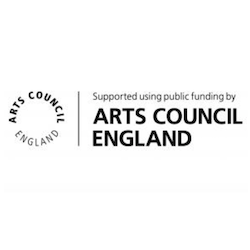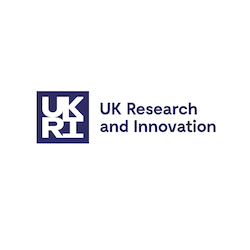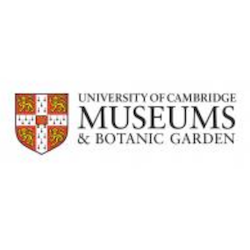This Arts and Humanities Research Council (UK) funded pilot project analysed the current and possible future contribution of Pacific Island museums to sustainable development goals. It was a collaboration between the University of Cambridge’s Museum of Archaeology and Anthropology (MAA), Solomon Islands National Museum and the Kiribati National Museum and Cultural Centre, also known as Te Umwanibong. Cultural heritage has the potential to support and contribute to UN development goals relating to the fields of health and well-being, education, gender equality, sustainable communities, strong institutions, climate action and life below water and life on land, amongst others. Heritage is embodied in art forms and artefacts of various kinds, architectural forms and sites, and customary knowledge and ritual practice and this project explored the possible role that heritage museums can play in sustainable development.
A series of workshops and consultations in collaboration with the Solomon Islands National Museum and the Kiribati Cultural Centre provided opportunities for open discussion around the roles of the museum and its contribution to sustainable development goals. This was also facilitated through Facebook discussion groups: one for Solomon Islands and one for Kiribati.
We asked:
- What are the current contexts of the two museums, what are they expected to contribute socially by their staff and by stakeholders, and what challenges are they facing?
- What roles do the museums already play, or have the potential to play, in terms of sustainable development? What goals can museum-based activities support?
- What is the best practice for conducting consultation-based research? How can this research project provide an evaluative framework, aligned with local perspectives of needs and priorities that can be used in other Pacific Island communities wanting to identify cultural heritage developmental needs? How can researchers and NGOs most effectively help to build the capacity of local museum and heritage staff?






